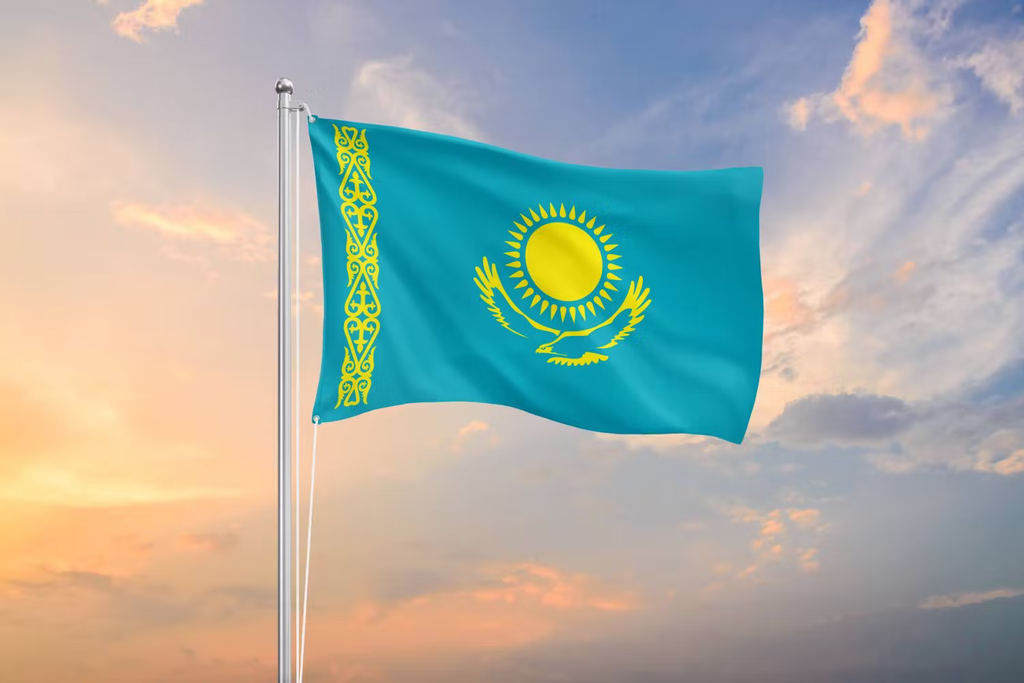
Kazakhstan has banned the sale and distribution of vaping products, and other Central Asian countries may be set to follow. The Kazakhstan legislation was signed into law recently by Kazakhstan President Kassym-Jomart Tokayev.
The new law will take effect 60 days after official publication, according to Azerbaijan-based Trend News Agency. Trend quotes an official presidential website that says the law will prohibit “the sale and distribution of nonsmoking tobacco products, vapes, flavors, and liquids, as well as their advertising."
Health officials and politicians in Kazakhstan have threatened to ban vapes for several years, with occasional stories surfacing about votes taken by various government bodies. The current report however—with direct quotes from the Kazakhstan president’s official website—seems to indicate that a ban has actually been finalized.
Kazakhstan, a Central Asian country with about 20 million residents, was the last Soviet republic to declare independence from the Soviet Union—just days before the U.S.S.R. itself ceased to exist in 1991. While supposedly a constitutional republic, Kazakhstan was dominated for 28 years after independence by a single authoritarian president. There have been some democratic reforms in recent years.
The Global State of Tobacco Harm Reduction reports that nearly 21 percent of adults in Kazakhstan smoke cigarettes, according to the World Health Organization—including 37.7 percent of men. The most recent estimate of Kazakh vaping prevalence is 1.7 percent, but that report is probably too old (2014) to be considered reliable.
According to Tobacco Reporter, two of Kazakhstan’s Central Asian neighbors, Kyrgyzstan and Uzbekistan, are also taking steps to impose vape bans. It’s not clear if those efforts are likely to succeed.
The other two Central Asian countries have opposing policies on vaping products: in Turkmenistan, sale and importation is banned, but in Tajikistan vapes are allowed and regulated.
